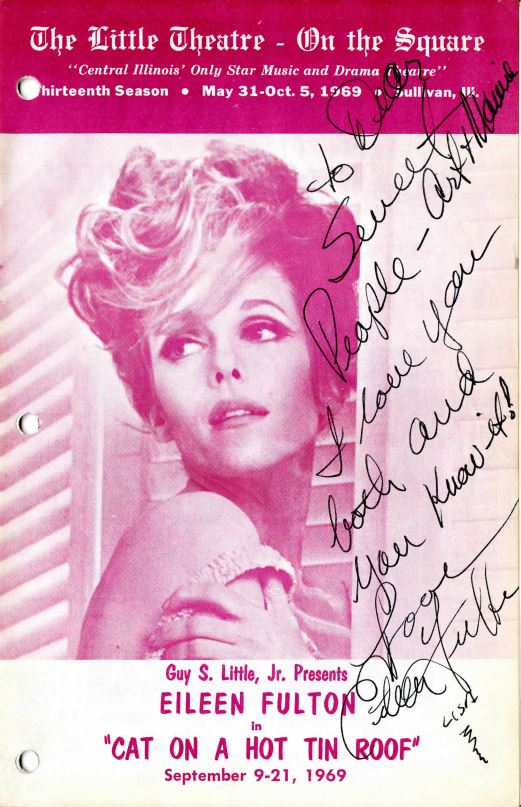
All action occurs in an upstairs bed-sitting-room in Big Daddy’s Mississippi Delta plantation home where his sons, Brick and Gooper, and their families have gathered. In detailed design notes, Williams describes the play’s setting. The quote foreshadows topics of death, denial, and a strained father-son relationship: issues that create some of the “extremities of human emotion” William depicts in the play. Cat on a Hot Tin Roof begins with an epigraph quoting the last stanza of Dylan Thomas’s poem “Do Not Go Gentle into that Good Night.” The speaker urges his father to rage against the dying of the light. In stage directions for part of Act 2, Williams calls the play a “snare for the truth of human experience” Cat on a Hot Tin Roof explores profound themes of self-delusion, homosexuality and homophobia, the restrictive power of societal conventions, and troubled family dynamics.

The drama in three acts follows an afternoon in the life of the dysfunctional Pollitt family as they celebrate their patriarch’s sixty-fifth birthday.

First performed in 1955, Cat on a Hot Tin Roof is a Pulitzer Prize-Winning play by American playwright Thomas Lanier Williams III, best known by his pen name, Tennessee Williams.


 0 kommentar(er)
0 kommentar(er)
